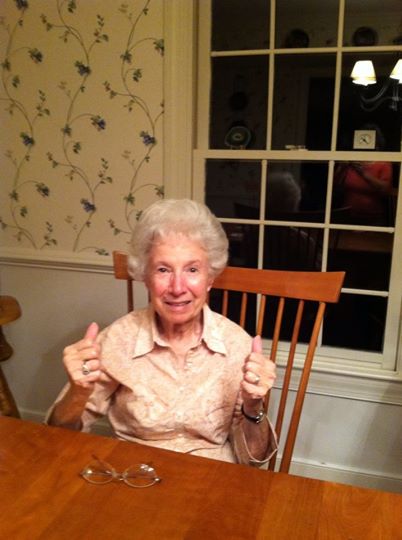PERFECTING THE ART OF LOSING

When it comes to playing sports, the more impossible it is for me to succeed, the more driven I am to try, regardless of how many times I lose and of how badly my ego takes a hit. I’m addicted to the thrill of the attempt, no matter how hopeless. Often, the intensity of that thrill is directly correlated to the certainty of a negative outcome.
As a teen, I loved basketball. In order to create a quarter court with baskets at either end, my father poured concrete over old trolley tracks in our backyard. I practiced all the time. Some days, I could shoot twenty lay-ups in a row. I desperately wanted to be on the high school basketball team. I knew making the team would be a stretch, partly because of my height and partly because the girls team coach held me in great disdain. She also happened to be my math teacher. I am not a math genius. When called on, I’d spout out multiple guesses. Miss Turner would humiliate me until I stumbled on the right answer. Invariably, when I did, she’d make the old New England joke, “Ah, the light dawns over Marblehead.” That’s a reference to the offshore spot in Massachusetts where dawn first arrives in the US. However, being from Massachusetts, Miss Turner would pronounce it, “The light dawhns ovah Mahl-buhl-hayud.”.
At the tryout, I lasted two minutes. Miss Turner never bothered to watch me shoot. Instead, in front of a gym full of girls, the woman heaved a basketball straight at my mid-section. I staggered back, more from the surprise than the force. I slunk out of the gym, while everybody enjoyed a good chuckle.
Years later, I started graduate school in Hanover, New Hampshire. I arrived that summer not knowing a soul. When I saw a notice for a tennis tournament, I signed up, thinking it would be a great way to meet people. I’d barely played before and possessed only a vague idea about the rules. A victim of my own magical thinking, I harbored the hope that I could win a match during the tournament. How cool would that be?
Tournament day, I showed up in cut-off jeans, the only player not wearing some version of tennis whites. I toted a heavy wooden racket that my father had rescued from the curb on trash day. From its appearance, I deduced the racket had been made in the previous century and the handle possibly had once been part of a butter churn.
I didn’t know how tournaments work. I still don’t. At registration, I filled out a form that asked my skill level and number of wins. I’d listed my experience as little and my wins as none. In the first game, I got paired up with the reigning town champion: a bespectacled, bearded, youngish guy who smoked a pipe the entire time we played. Of course, he crushed me while smoking the pipe, which created a great deal of amusement for the smattering of onlookers. I never returned one serve. My score at the end of the set was LOVE-SIX, which of course, makes absolutely no sense. What kind of sport uses the term “love” as the name of a non-point? I’ll tell you what kind: a sport populated by cynics.
After moving to Charlottesville, I played racquetball with a friend who beat me most of the time. As previously mentioned, I am not a tall person. She had played basketball in college, albeit a tiny college, but a college nonetheless. Each game, the inevitability of my impending defeat never diminished my joy in playing.
One time, against all odds, I’d maintained a two-point lead. Apparently, as we played, my face grew red then purple. Just before clinching the winning point, I passed out. I came round quickly and insisted we finish the game. My friend, a nurse, probably envisioned having to do CPR if we continued. She said, “Absolutely not. You win. You win.” My victory, of course, felt hollow. And, of course, the next week, as usual, she beat me by many points.
Now, most of my competitive experiences are off courts and instead are on boards. More specifically, I like to play Scrabble with my mother, who is in her nineties. Sometimes I beat her, but more often than not, she smacks me down, never showing one bit of mercy. During one of our last games, she plunked down the word “QUARTZES” on a triple word square. Without breaking a sweat, she made a zillion points.
Game of Thrones author, George R.R. Martin says, “A bruise is a lesson…and each lesson makes us better.” If Martin is correct, I can only conclude that after experiencing years of ego-bruising events, I now must be very close to achieving perfection.
